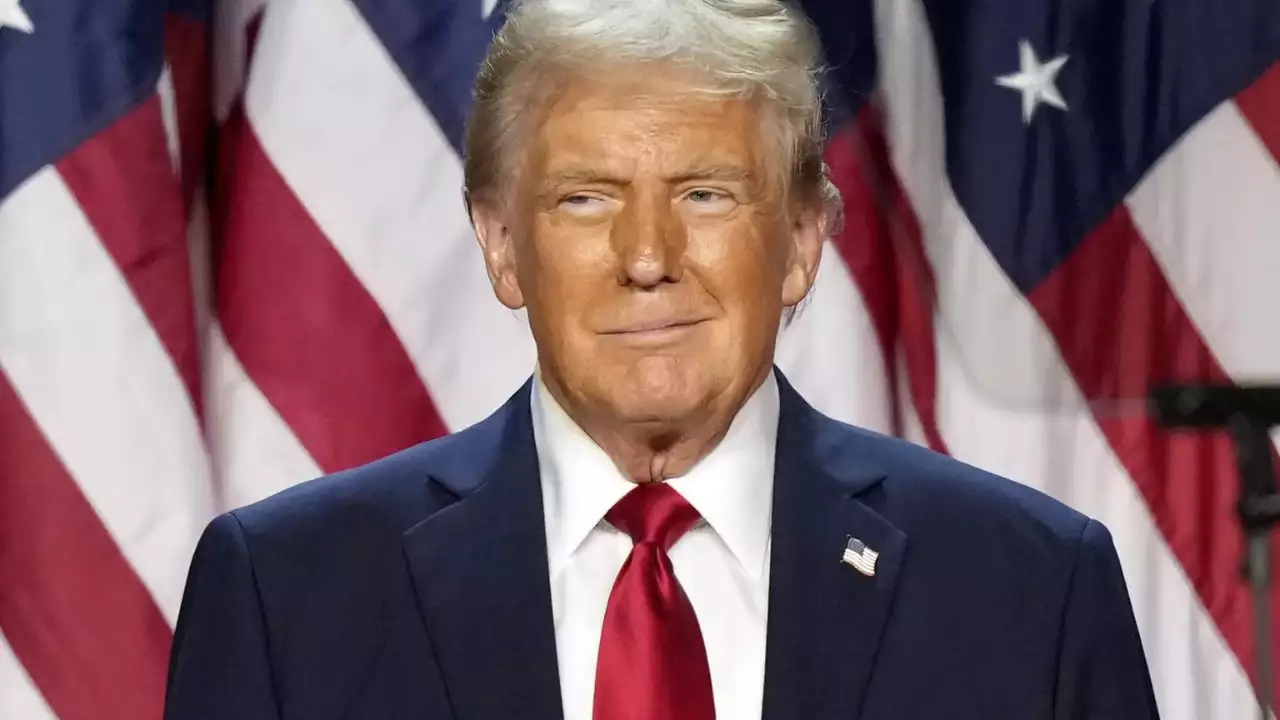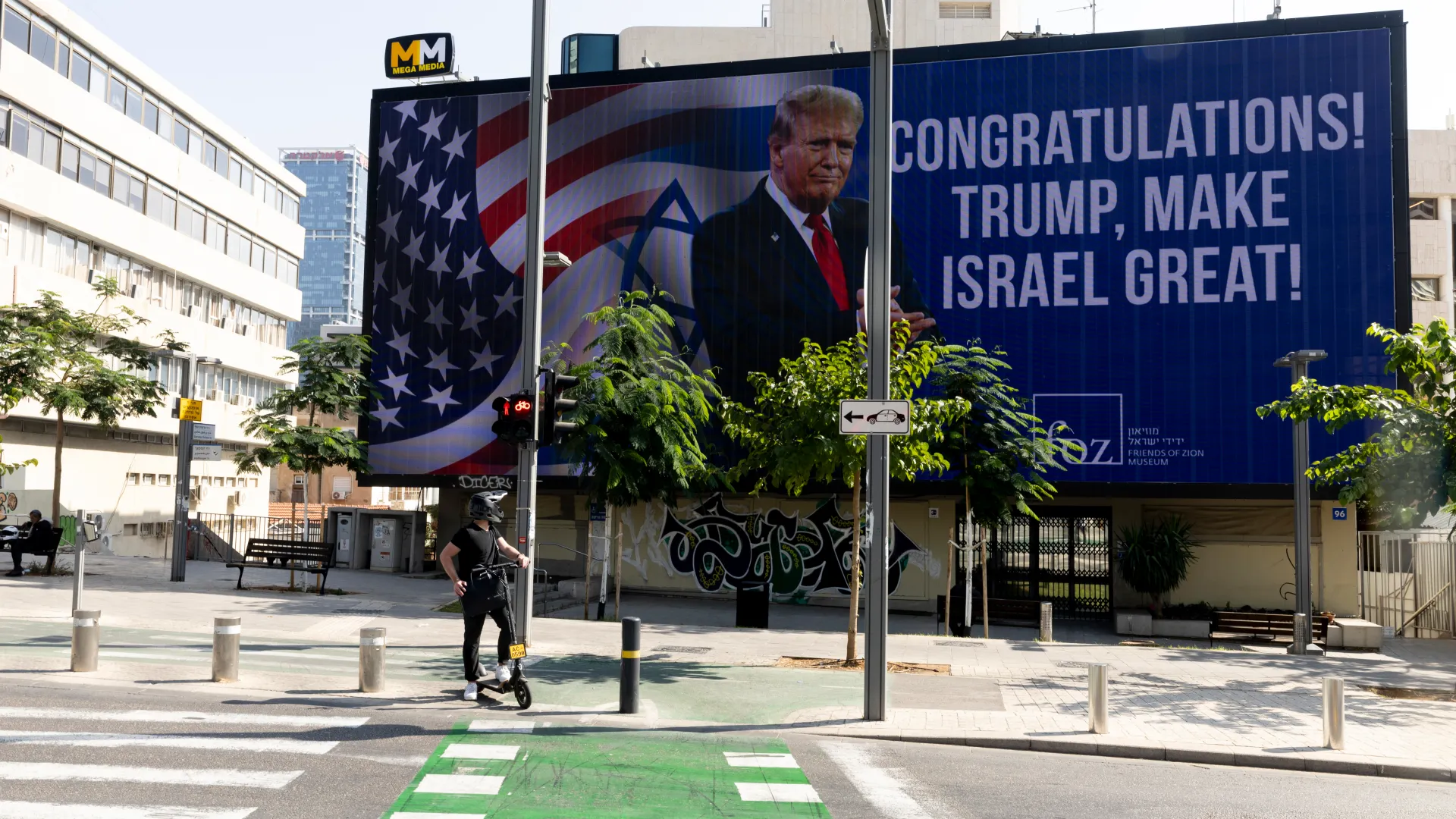In Jerusalem, the bar named Deja Bu, located near the US embassy, reflects Israel’s enthusiasm for a potential second term for Donald Trump, as many Israelis view him favorably. Prominent figures, like Rabbi Rafael Shore, believe that Trump’s policies resonate well in the Middle East, particularly in deterring Iran.
Israeli Prime Minister Benjamin Netanyahu, who previously praised Trump as Israel’s “best friend” in the White House, was quick to congratulate the president-elect, signaling continued optimism about his return. Trump’s first term was marked by significant actions, such as pulling out of the Iran nuclear deal and recognizing Jerusalem as Israel’s capital, both of which bolstered his standing in Israel.
Despite this optimism, former Israeli ambassador Michael Oren offered a more nuanced perspective. While he acknowledged Trump’s “exemplary” first term, he emphasized that Trump is averse to war and does not support Israel’s West Bank settlements, which could lead to friction with Israel’s far-right coalition.
Netanyahu’s current government, which includes right-wing parties keen on annexing parts of the West Bank, may find itself at odds with Trump’s more pragmatic stance on such issues. Netanyahu, who has historically chosen his coalition over US demands, might face new challenges if Trump insists on certain policies, such as swiftly ending the war in Gaza.
In Gaza, the impact of a Trump victory is seen through the eyes of residents suffering from the ongoing conflict. Many are desperate for an end to the war and hope Trump’s strong leadership could bring peace. For some, like Ahmed, whose family has been devastated by the conflict, a powerful US response is seen as a potential solution.

Israel’s Optimism and Challenges Ahead with Trump’s Potential Return to Power
Others, such as Mohammed Dawoud, displaced multiple times during the fighting, are hopeful that Trump’s return could lead to a swift resolution. However, the overall sentiment in Gaza is one of exhaustion and a desire for a leader who can end the violence.
In contrast, the Palestinian Authority (PA) in the West Bank holds a more skeptical view of Trump’s influence, perceiving US administrations as generally biased toward Israel. Senior PA member Sabri Saidam criticized the US for offering “mediocre solutions” that only deepen the conflict.
While some hope for a “Trump 2.0” who might push for a more balanced approach, there is little trust in US involvement in resolving the core issues of the Middle East. The Palestinian leadership calls for an end to the violence but is wary of the US’s traditional alignment with Israel.
Among Israelis, the possibility of Trump returning to office is largely seen positively, with many believing his policies could lead to greater regional stability and even a historic peace deal with Saudi Arabia. However, there are those who caution that Trump’s unpredictability might worsen the situation.
Netanyahu will need to carefully navigate the pressures from both his coalition and a potentially demanding US administration. While many Israelis look back on Trump’s first term with approval, the challenges of a second term could lead to a very different dynamic, with past achievements not necessarily guaranteeing future success.











































